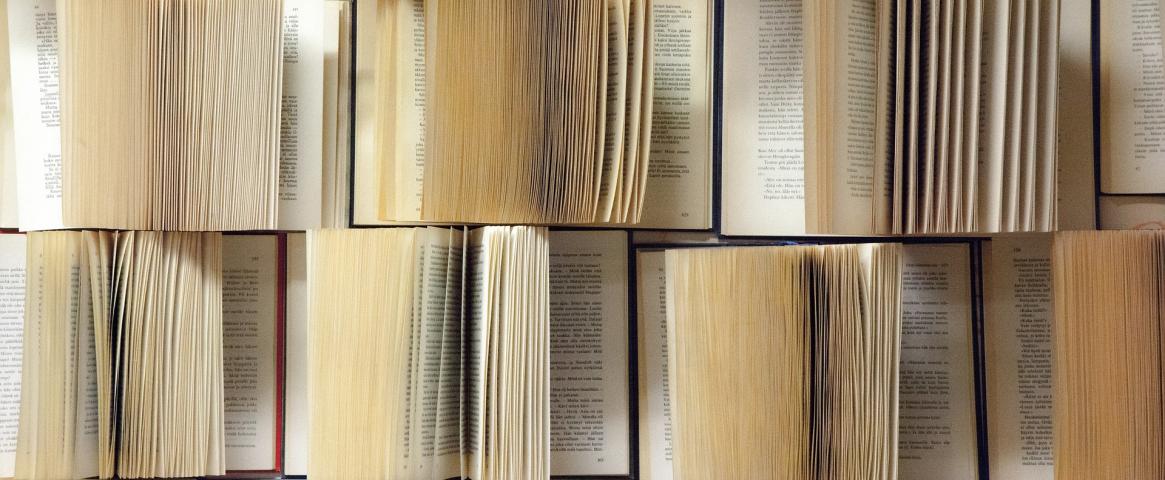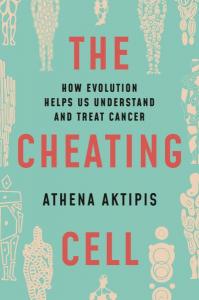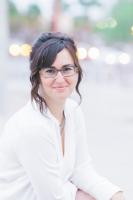
Athena Aktipis: Cheating Cell
HOW EVOLUTION HELPS US UNDERSTAND
AND TREAT CANCER
Athena Aktipis
Princeton University Press, March 24, 2020, $24.95
ISBN-10: 0691163847; ISBN-13: 978-06911638
Aktipis reports:
I study cooperation across systems, from food sharing in small scale societies to cooperation inside our bodies. After I started working on cancer as a problem of cellular cheating about ten years ago, I saw the need for a book that covered the science behind cancer’s evolutionary nature while being accessible to a broad audience.
In The Cheating Cell, I explain that cancer is a breakdown of the cellular cooperation that otherwise characterizes multicellular life, and tell how cheating cells can get an evolutionary leg up on the normal cells around them. In a normal multicellular body, cells cooperate to share resources, divide labor, and regulate cell death and division. All this cooperation breaks down in cancer.
I also write about why cancer still exists from an evolutionary perspective (partly because cancer susceptibility can accompany traits like wound healing and fertility) and I discuss how and why cancer can evolve to be transmissible. —Don’t worry; that’s vanishingly rare in humans.About seven years ago, Princeton University Press approached me about writing a book about evolution and cancer. After they accepted my book proposal, I spent several years working on a first draft, first as a Fellow at the Institute for Advanced Study in Berlin (the Wissenschaftskolleg), and then as an Assistant Professor in the Department of Psychology and Biodesign Institute at Arizona State University in Tempe.
Working on the book was a natural extension of my research. Nevertheless, I spent several years unable to produce full drafts of chapters. It wasn’t until I realized that I needed to have 48-72 hours at a time without distraction that I was finally able to make true progress on the book. I wish I would have known this from the beginning.
The biggest advice I would give to aspiring authors is to figure out how to create an environment where you can give your full attention to your book. Allowing the book to have its own space in my otherwise overburdened academic schedule allowed me to truly enjoy writing this book. I already am looking forward to making time for my next one.
Contact info:
- Athena Aktipis, 312-375-4557, aktipis@asu.edu, http://www.athenaaktipis.org/, @AthenaAktipis
- Book: https://www.cheatingcell.com/, https://press.princeton.edu/books/hardcover/9780691163840/the-cheating-cell
- Publicist: Sara Henning-Stout, 609-759-8208, Sara_HenningStout@press.princeton.edu
NASW members: will your book be published soon? Take advantage of this opportunity for shameless self-promotion. Submit your report for Advance Copy.
Tell your fellow NASW members how you came up with the idea for your book, developed a proposal, found an agent and publisher, funded and conducted research, and put the book together. Include what you wish you had known before you began working on your book, or had done differently.
See https://www.nasw.org/advance-copy-submission-guidelines.
View Advance Copy archives at https://www.nasw.org/member-article/advance-copy.
Thinking of writing a book? If you are a NASW member, you may access a list of more than 150 books and online resources to help you craft your book proposal, find an agent and funding sources, negotiate your contract, learn about self-publishing, publicize and market your book, and more at https://www.nasw.org/article/write-book.
Send book info and questions about book publishing to Lynne Lamberg, NASW book editor, llamberg@nasw.org.
Advance Copy
The path from idea to book may take myriad routes. The Advance Copy column, started in 2000 by NASW volunteer book editor Lynne Lamberg, features NASW authors telling the stories behind their books. Authors are asked to report how they got their idea, honed it into a proposal, found an agent and a publisher, funded and conducted their research, and organized their writing process. They also are asked to share what they wish they’d known when they started or would do differently next time, and what advice they can offer aspiring authors. Lamberg edits the authors’ answers to produce the Advance Copy reports.
NASW members: Will your book be published soon? Visit www.nasw.org/advance-copy-submission-guidelines for information on submitting your report.
Publication of NASW author reports in Advance Copy does not constitute NASW's endorsement of any publication or the ideas, values, or material contained within or espoused by authors or their books. We hope this column stimulates productive discussions on important topics now and in the future as both science and societies progress. We welcome your discussion in the comments section below.





